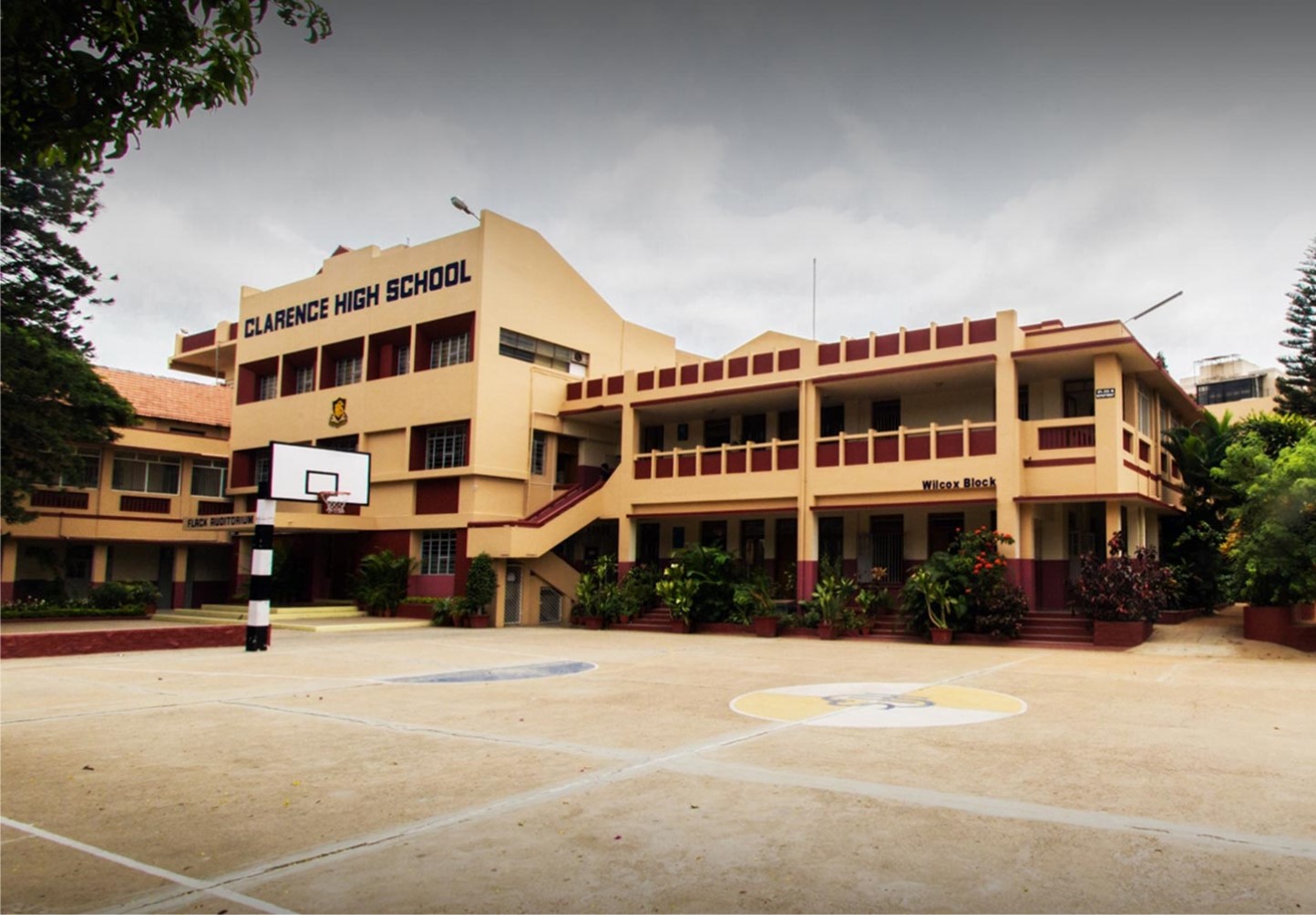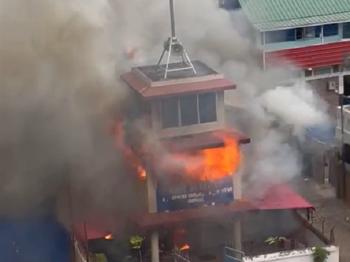Extremist groups in Karnataka, India, have issued complaints against the use of the Bible in a prison and in a Christian school.
A visitor to a prison in Gadag district, northern Karnataka, claims to have found a Bible in a non-Christian prisoner’s cell. The alleged discovery has led to calls for a state-wide ban on Christian chaplains making prison visits.
Extremists have also alleged that a Christian high school in Bengaluru (Bangalore) is forcing non-Christian pupils to read the Bible.

Clarence High School, founded in 1914, is a Christian school at which parents agree that their children will receive instruction from the Bible [Image credit: Clarence High School]
As a result of the allegations the school is now under investigation by the Karnataka Education Department.
Clarence High School, however, denies that pupils are forced to study the Bible against their will. Consent for Bible study is gained from parents or guardians when children join the school.
School Principal Jaideep George argued that this policy is entirely legal, adding, “It is our affirmation that we will not break the law of the land.”
“This is a non-issue raked up this week when Bible studies has been a part of the school’s activities for decades,” explained Soham Pablo Banerjee, a former pupil. “Any student joining the school signs up with the undertaking. They are not forced to sign.”
After the discovery of the Bible at Gadag prison, extremists alerted local police and demanded the immediate suspension of all Christian chaplains in the state. The complainants allege that Christian prison visitors were attempting to convert prisoners.
Seven Christians visited the prison on 12 March to pray with prisoners and distribute copies of the New Testament.
The extremists’ assertion that the Christian visitors should not be allowed to distribute religious texts has been rebuffed by Christian leaders on the grounds that other religious literature is often distributed in prisons.
Christian activity being monitored closely
The Karnataka Protection of Right to Freedom of Religion Bill – commonly referred to as an anti-conversion law – was approved by the lower house of the state legislature in December 2021, but has yet to be passed in the upper house.
If passed the legislation will forbid attempting to solicit religious conversions by force, fraud, allurement or marriage. The prohibitions do not apply to distribution of Bibles to non-Christians where there is no evidence of such means being used.
Barnabas contacts confirm that in the light of this legislation all Christian activity in Karnataka is being monitored closely. While the implementation of anti-conversion laws is an understandable way of preventing fraud and abuse, they can create problems for Christians who only want to practise their faith in peace.
In March 2022 the Supreme Court of India rejected a petition by an extremist group for the creation of a committee to monitor Indian Christian missionaries and local evangelists, upholding India’s constitutional commitment to freedom of religion.
In refusing to give the petition a hearing, the bench of two Supreme Court Justices declared, “You are actually disturbing the harmony with these kinds of petitions.”
The decision came as the government of Prime Minister Narendra Modi planned further meetings with representatives of the Christian community, to discuss ongoing concerns about anti-Christian violence and misuse of anti-conversion laws.
Pray that extremist groups within India will not succeed in trying to repress Christians and other religious minorities. Give thanks for the commitment to religious freedom being demonstrated by the courts and the Indian government. Ask that God will grant Christian leaders in the state of Karnataka wisdom to continue their work within the constitutional framework, and that He will take away their fear even as they are strictly monitored.

